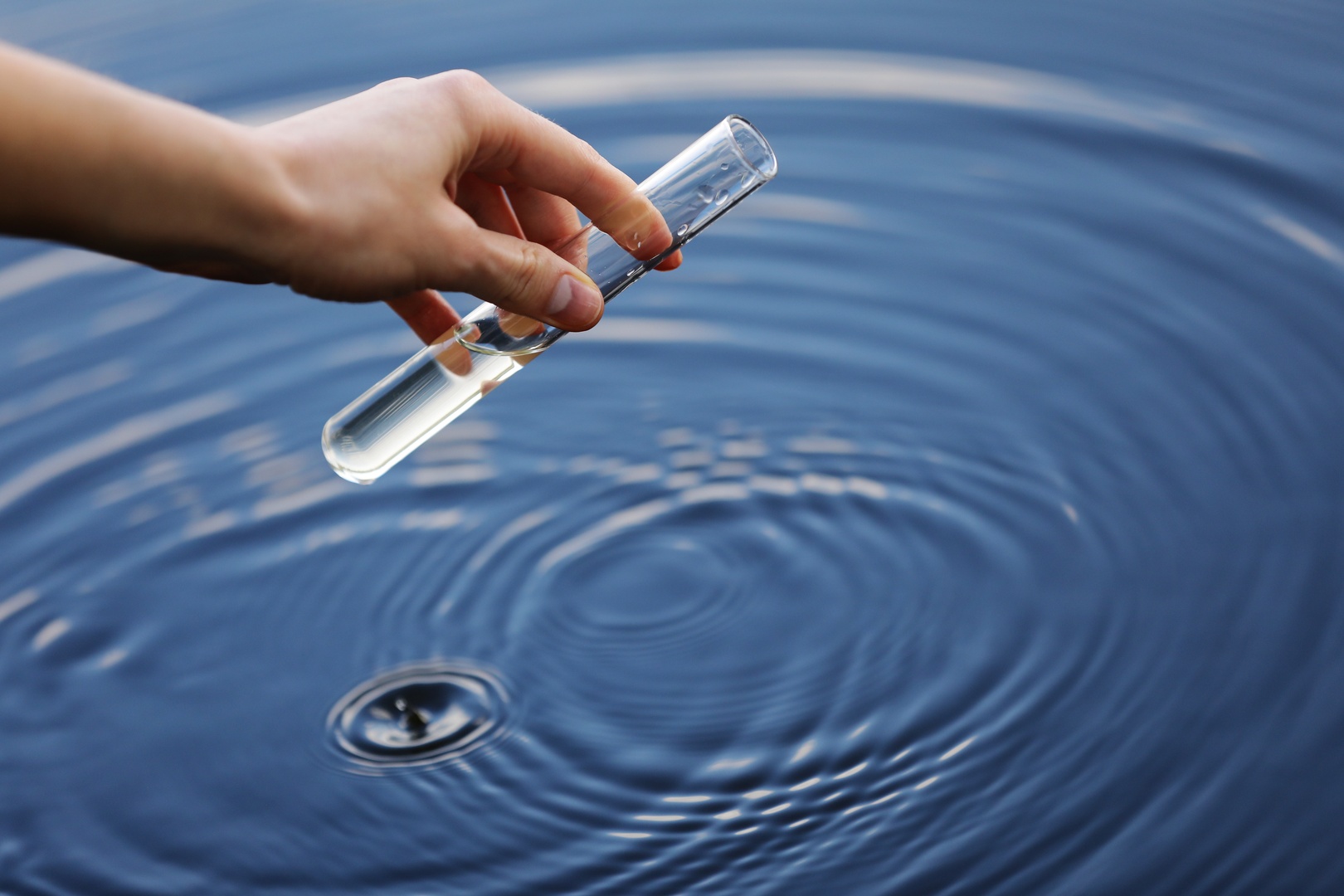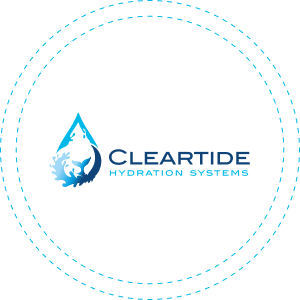In today's world, the importance of clean, safe water cannot be overstated. As concerns about water pollution grow, so does the need for advanced technology to monitor and maintain water quality. This article dives into the latest innovations in water quality monitoring and highlights how these advancements can significantly impact our daily lives—especially when it comes to staying hydrated.
Why Water Quality Matters More Than Ever

Water is the essence of life. But with increasing pollution levels, ensuring that the water we drink is safe has become a global challenge. Whether it's for drinking, cooking, or cleaning, the quality of water affects our health in more ways than one. Contaminated water can lead to various health issues, from minor stomach upsets to severe diseases. That's why monitoring water quality is crucial, not just for public health but also for industries, agriculture, and everyday use.
Advancements in Water Quality Monitoring: A Game Changer
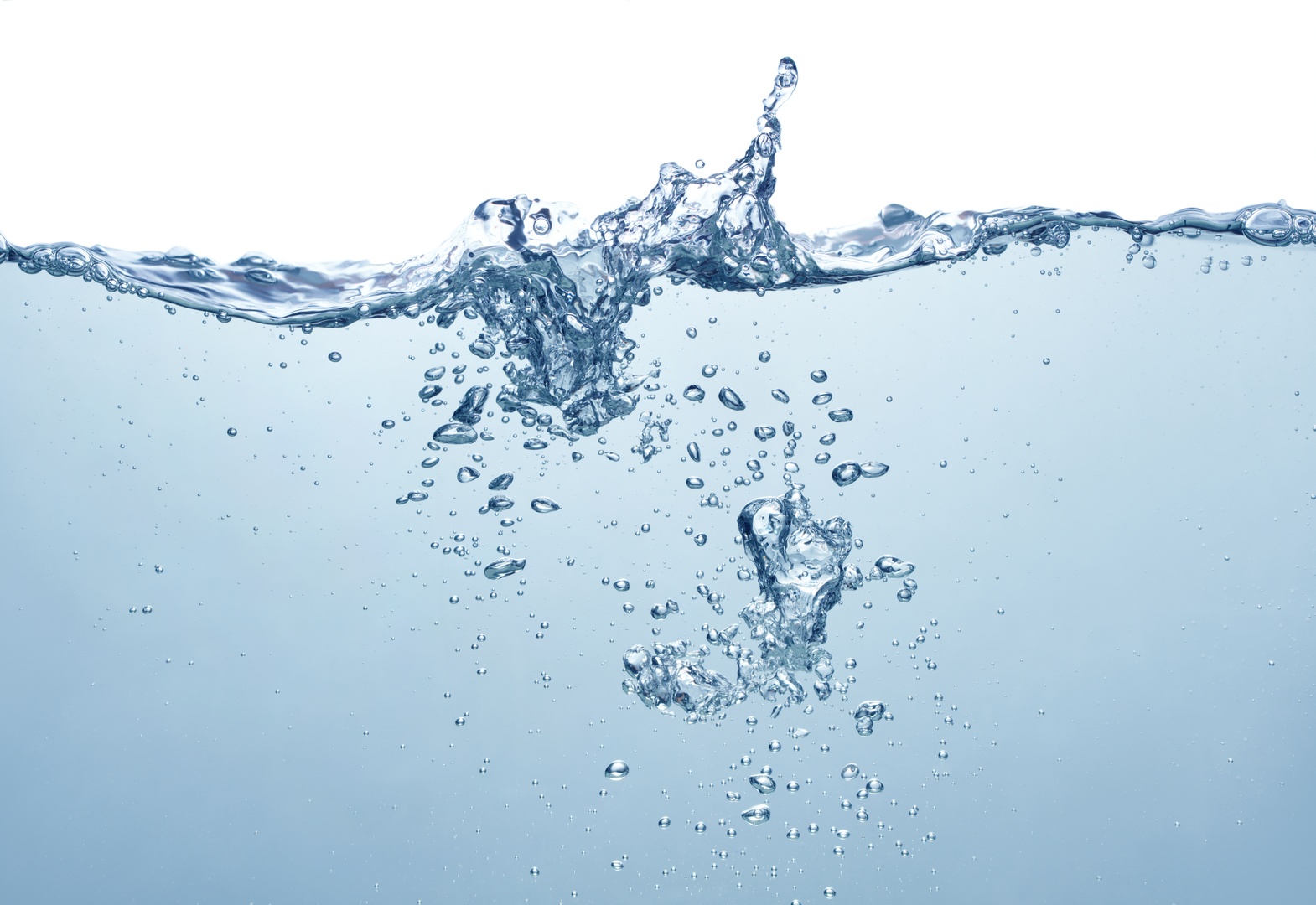
Recent advancements in water quality monitoring have made it easier and faster to detect contaminants. A comprehensive study published in the International Journal of Environmental Research and Public Health reviewed various methods used worldwide to monitor water quality. The study highlights several cutting-edge technologies, including the Internet of Things (IoT), virtual sensing, cyber-physical systems (CPS), and optical techniques.
IoT and Real-Time Monitoring
The Internet of Things (IoT) has revolutionized many industries, and water quality monitoring is no exception. IoT-enabled sensors can provide real-time data on various water quality parameters, such as pH levels, temperature, and turbidity. These sensors can be placed in multiple locations, continuously transmitting data to a central system. This real-time monitoring allows for immediate action if any water quality issues are detected.
Virtual Sensing and Cyber-Physical Systems (CPS)
Virtual sensing and CPS are at the forefront of modern water quality monitoring. These systems integrate physical sensors with computational algorithms to provide accurate and real-time data. According to the study, CPS is particularly effective because it combines the best of both worlds: the physical environment and the digital domain. This makes it possible to monitor water quality continuously and reliably, ensuring that the water we consume meets the highest standards.
Optical Techniques: Precision and Accuracy
Optical techniques, such as infrared and Raman spectroscopy, offer high precision in detecting contaminants. These methods are non-invasive, rapid, and pollution-free, making them ideal for real-time water quality assessments. The study found that combining CPS with advanced optical techniques could further enhance the reliability and sensitivity of water monitoring systems, paving the way for even more accurate results.
The Role of Cleartide Hydration in Ensuring Quality Water
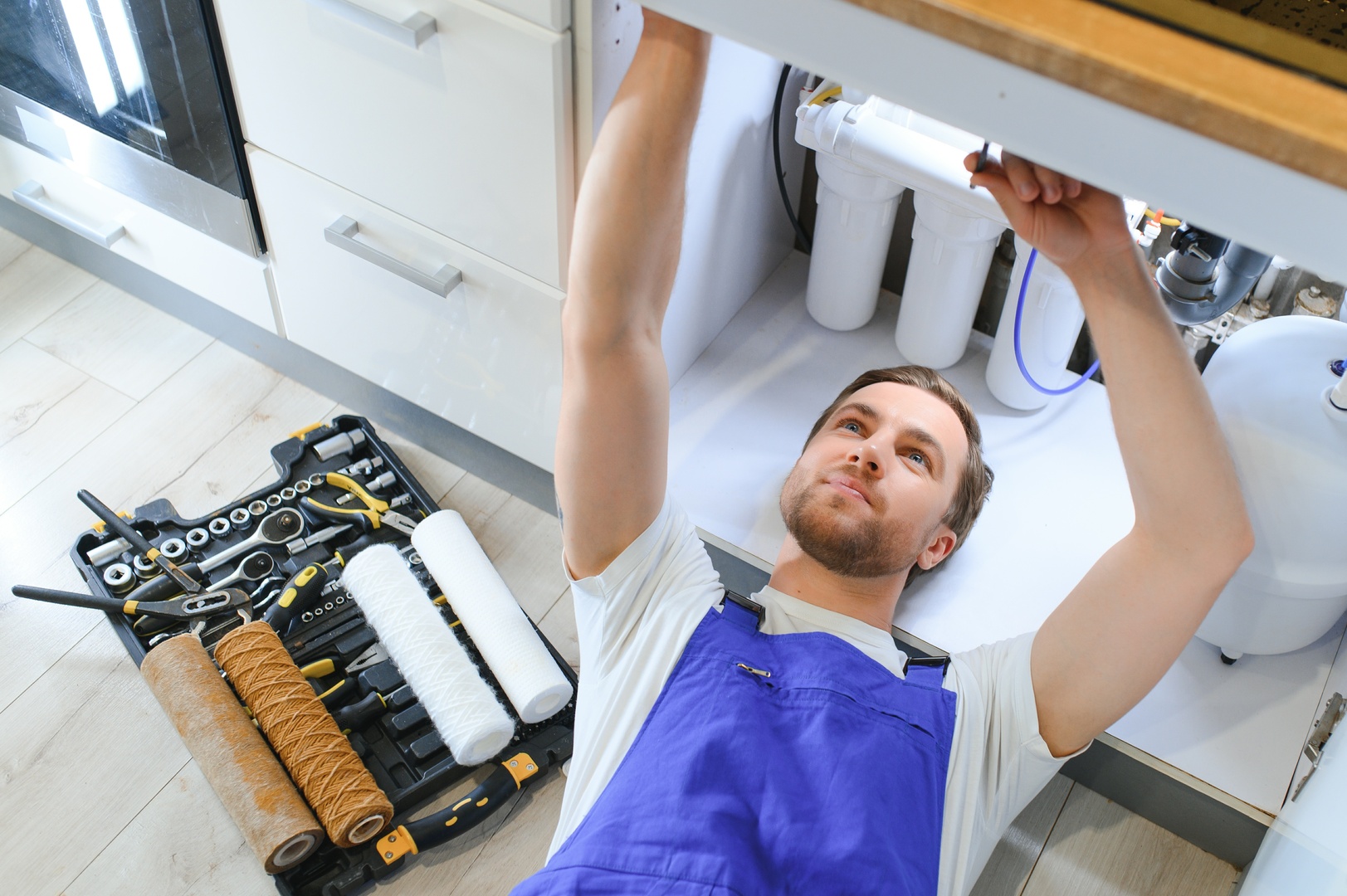
At Cleartide Hydration, we understand the importance of clean, safe water. That's why we're committed to using the latest advancements in water quality monitoring to deliver the best possible hydration solutions. Our bottleless water systems in Boston are designed to provide fresh, filtered water without the environmental impact of plastic bottles. By leveraging cutting-edge technology, we're ensuring that every drop of water you drink is pure and safe.
Stay Hydrated, Stay Safe
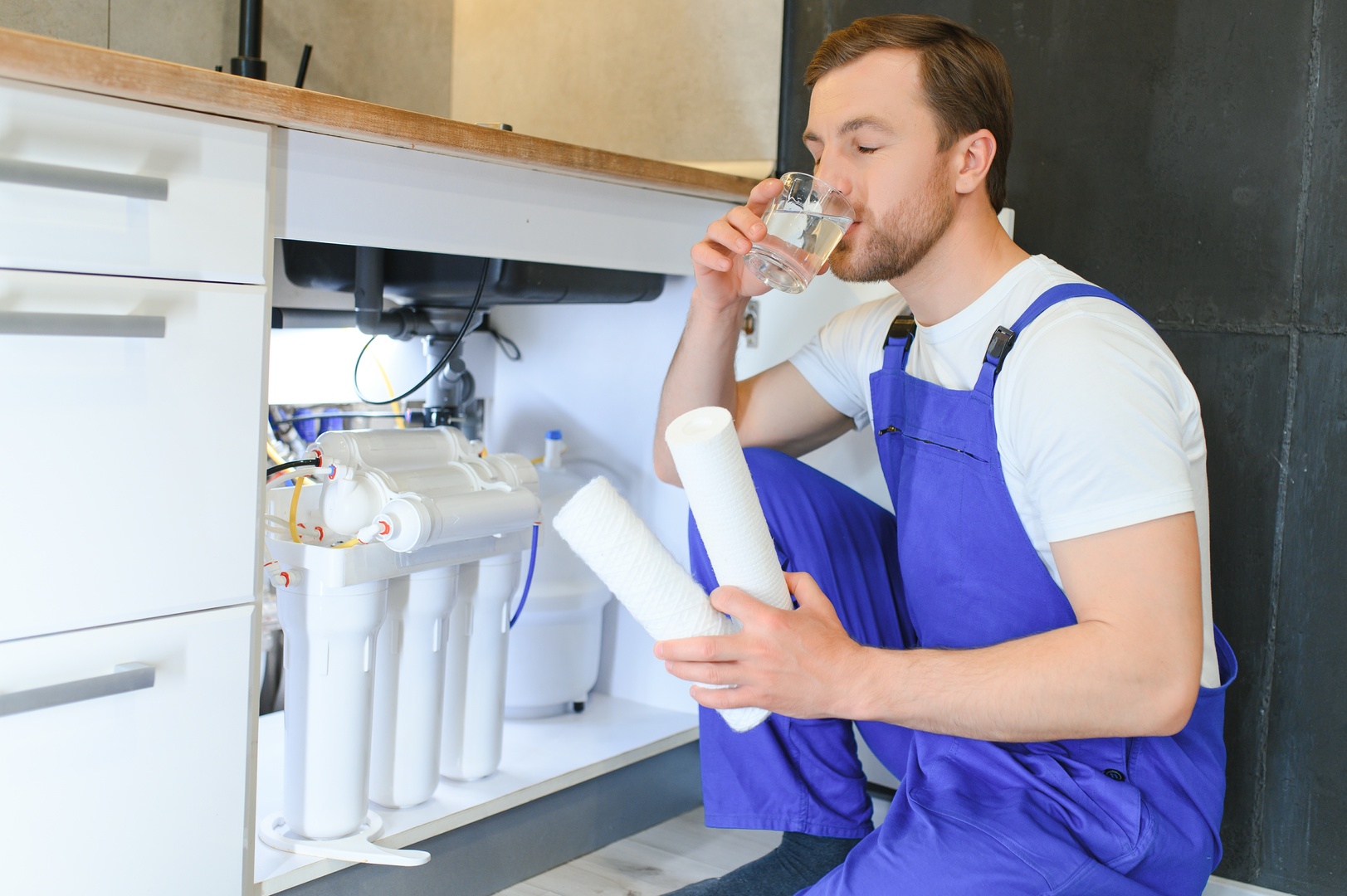
In an age where water quality is becoming increasingly critical, it's essential to stay informed about the latest advancements in monitoring and technology. Whether you're concerned about your health, the environment, or both, choosing the right hydration solution is key. With Cleartide Hydration's bottleless water systems, you can enjoy clean, safe water without the guilt of contributing to plastic waste.
Get in Touch!
Ready to experience the future of hydration? Check out Cleartide Hydration's bottleless water solutions in Boston and make the switch to cleaner, greener hydration today!
